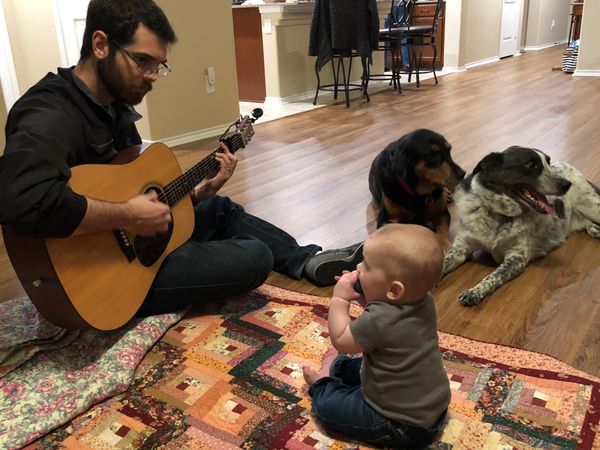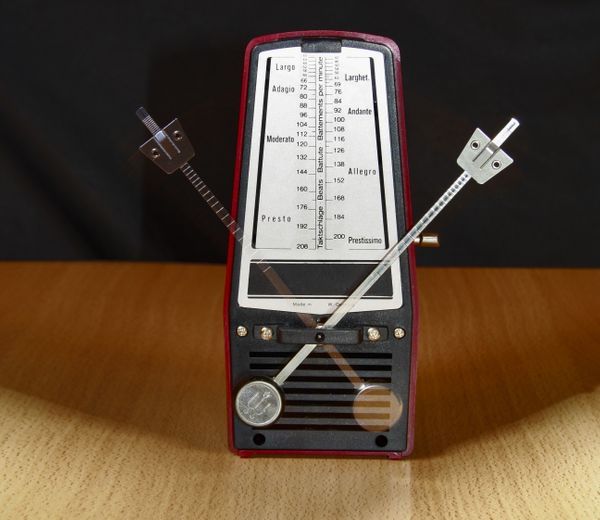There’s a common saying today that it takes 10,000 hours of practice to master something. If we do the math on this and assume you practice a skill for 2 hours a day every day of the year it will take you 13 years to master that skill.
And that’s if you can practice 2 hours a day every single day.
But what if there was a way to practice that could cut the time needed to achieve mastery down significantly? By implementing good habits into your practice time you can actually see and feel yourself getting better at guitar at faster rate compared to those who don’t.
Now I know what you’re thinking- how do I know if the way I’m practicing utilizes good habits? While this is by no means an exhaustive list, here are some key principles that you can incorporate into your practice time immediately in order to see rapid improvement.


